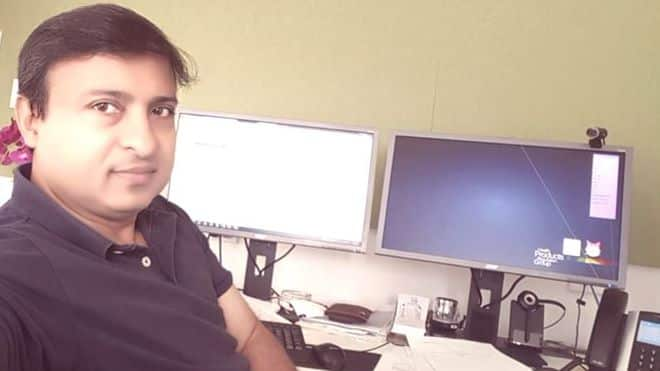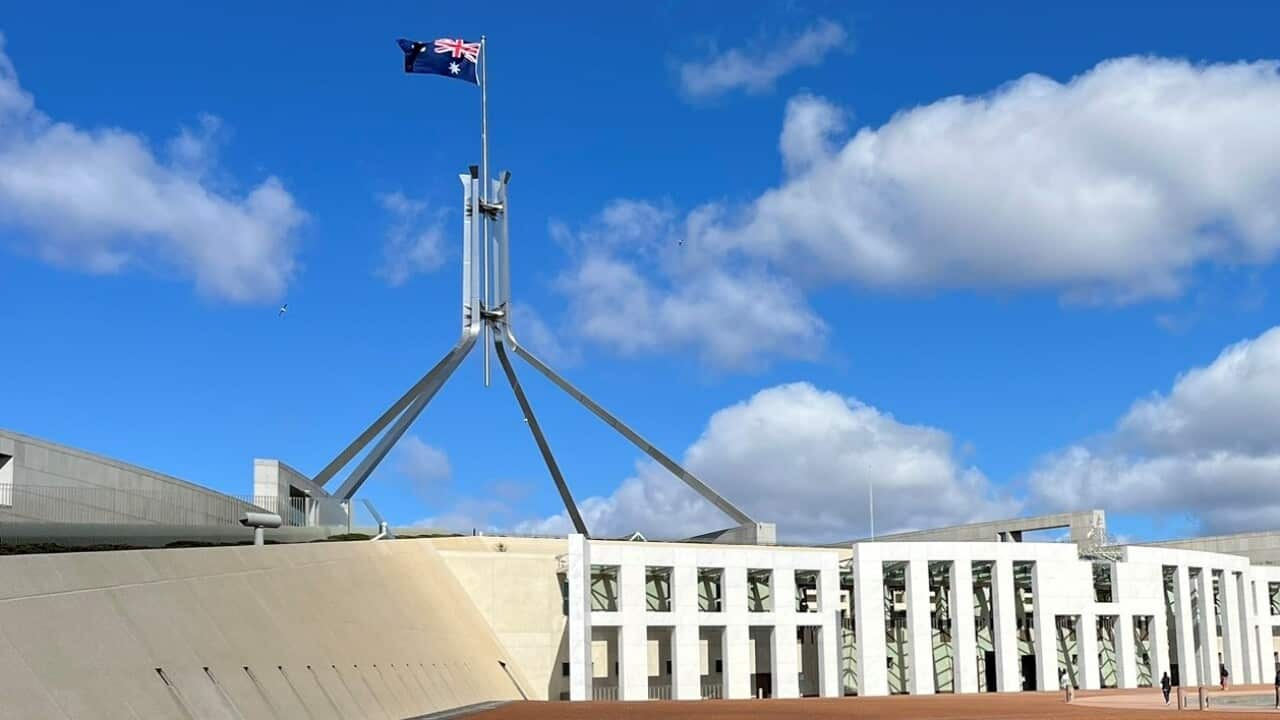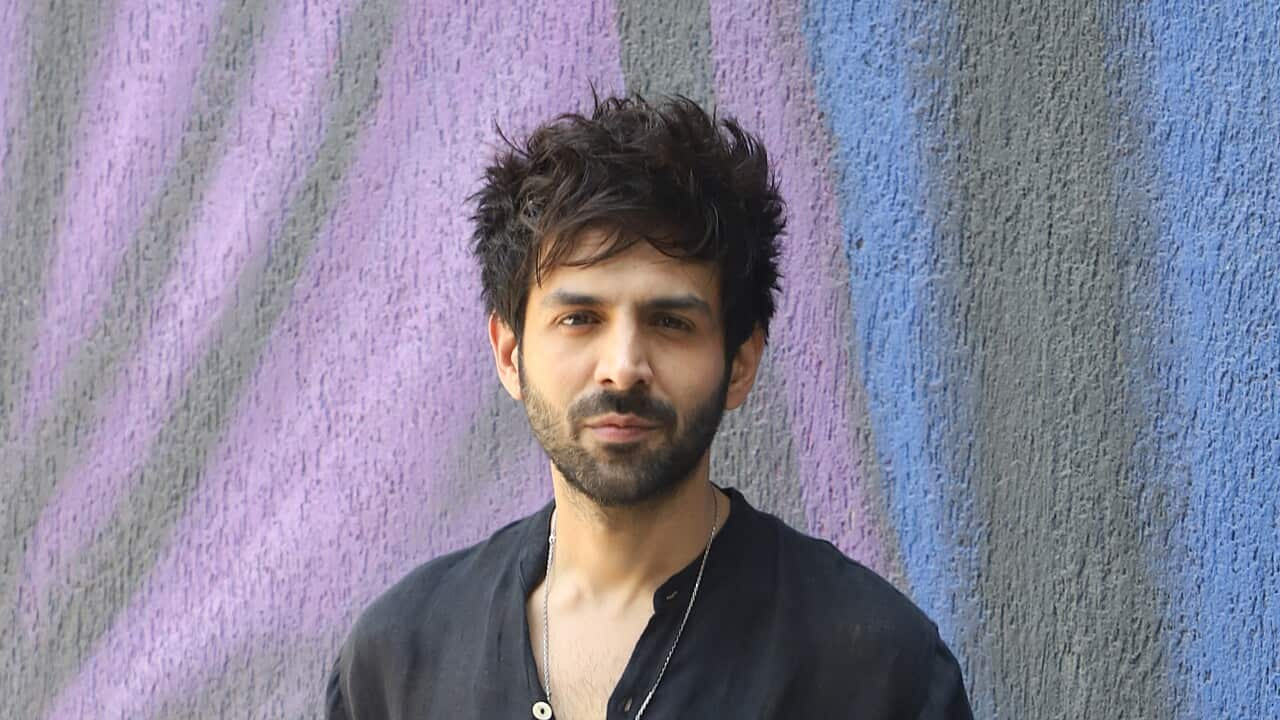Seventy-five per cent of Australians with English as a second language has what is called poor ‘health literacy’ – meaning they often don't understand what to do when they are sick, and where to go to get better.
As part of Multicultural Health Week, an adult English-language class was taken on a tour of the Shoalhaven Memorial Hospital in Nowra, on the New South Wales south coast.
The group was taken from ward to ward to familiarise themselves with the facilities and to learn what to do when a medical emergency arises. "This tour is very helpful for me, like I know where, if my daughter is sick, where I can go, and if I go to this hospital whom I can speak to first, so it’s really good for me to know about this," says Yi Ping McCarthy, one of the students.
"This tour is very helpful for me, like I know where, if my daughter is sick, where I can go, and if I go to this hospital whom I can speak to first, so it’s really good for me to know about this," says Yi Ping McCarthy, one of the students.

60 per cent of Australians have a poor understanding of the country's health system. That jumps to 75 per cent for people with English as a second language. Source: SBS News/Omar Dabbagh
Many who now call this region home can struggle to understand Australia’s at-times complex health system.
According to Dr Deepak Rai of Westmead Children's Hospital in Sydney, the Australian system is very different from the health system of many countries like India.
“In India, the public health system is almost non-existent. Therefore, most of the upper-middle-class people depend upon private health facilities. However, here in Australia, the private health system is limited. This difference between the two systems confuses many migrants as they do not know where to go and how much to pay for any particular service.”
Yi Ping McCarthy moved here from Taiwan nearly a decade ago and says she still encounters language barriers at the doctor's surgery. She says, “It is hard to understand, and the language is different. Some professionals I can't understand. Even now sometimes I go to see the GP, and he’s “blah blah blah”, and I’m like ‘what?’"
That confusion can cause anxiety for those preparing to use the hospital more frequently, like expecting mother Mai Ngo, who is due to give birth just before Christmas.
She says, “A little bit, but I try to relax, so it’s good for my baby. I believe, and I trust the doctor and the nurses."
However, it’s not just a problem limited to migrants and new arrivals; 60 per cent of all Australians have low health literacy.
New South Wales health literacy and diversity health manager Fiorina Mastroianni is calling for simplification.
“We need to get better at communicating or making sure that our patients and their families and their carers understand the information that we provide,” says Mastroianni.
Leissa Pitts, Multicultural Health Service Manager in the Illawarra Shoalhaven Local Health District, says there's a lot at stake if there isn't clear communication between patients and medical professionals.
Pitts says, "Communication is the point at which a health encounter will succeed, or it will fail."
Moreover, with most patients forgetting about half of what doctors tell them, any strategies to help retain information are welcome. Dr Rai opines  some induction program should be introduced to educate migrants.
some induction program should be introduced to educate migrants.

Dr Deepak Rai Source: Supplied
“There should be an induction package with the visa grant. This package should explain the local health system in detail. Topics like health, law and order and cultural awareness should be explained. People should be made aware of the facilities, the process to avail of those facilities, the payment structure and private health insurance among others.”




